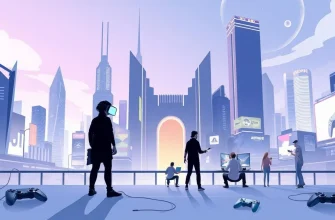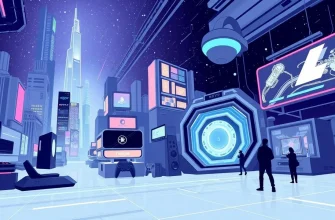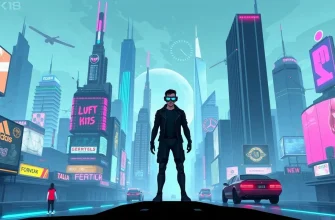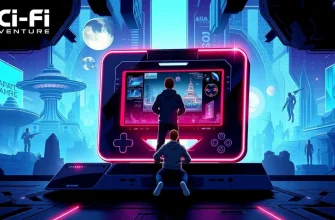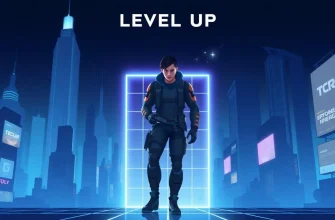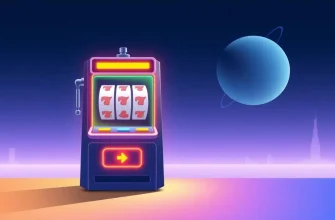In a world where television has become an integral part of our lives, it's fascinating to see how filmmakers imagine its future. This collection of sci-fi films explores the concept of television in ways that are both entertaining and thought-provoking. From dystopian futures where reality TV has taken over to virtual realities that blur the lines between fiction and reality, these movies offer a unique perspective on the medium we love. Whether you're a fan of sci-fi or just curious about the future of entertainment, these films will captivate and challenge your perceptions.

Videodrome (1983)
Description: This film explores the dark side of television, where a TV executive stumbles upon a mysterious broadcast that blurs the lines between reality and hallucination, delving into media manipulation.
Fact: David Cronenberg wrote the screenplay in just three days, inspired by his own experiences with television and its potential for mind control.
 Watch Now
Watch Now 
The Running Man (1987)
Description: Based on Stephen King's novel, this film features a dystopian future where criminals are forced to participate in a deadly game show for the public's entertainment, highlighting the exploitation of media for profit.
Fact: Arnold Schwarzenegger was paid $
 Watch Now
Watch Now 
The Truman Show (1998)
Description: This film takes the concept of reality TV to an extreme, where the protagonist, Truman Burbank, lives his entire life on a TV show without knowing it. It's a poignant exploration of privacy, reality, and the voyeuristic nature of television.
Fact: Jim Carrey was paid $12 million for his role, making it one of the highest-paid roles for an actor at that time. The set for Seahaven was the largest ever constructed for a movie.
 Watch Now
Watch Now 
Edtv (1999)
Description: A regular guy's life is turned into a 24/7 reality TV show, exploring the consequences of fame and the loss of privacy. It's a comedic take on the reality TV craze that was just beginning to take hold.
Fact: The film was loosely based on the 1992 Canadian documentary 'The Delicate Art of the Rifle', which was about a man whose life was broadcast live.
 Watch Now
Watch Now 
The Matrix (1999)
Description: Although not about TV shows per se, the Matrix itself can be seen as a form of virtual reality entertainment for the machines, where humans are kept in a simulated reality.
Fact: The film's "bullet time" effect was groundbreaking and has since been widely imitated in other movies and video games.
 Watch Now
Watch Now 
Gamer (2009)
Description: In a future where players can control real people in a virtual reality game, the line between game and reality blurs, exploring themes of control, freedom, and the ethics of entertainment.
Fact: The film was inspired by the video game 'Manhunt' and features a mix of live-action and CGI to create its unique visual style.
 Watch Now
Watch Now 
The Cabin in the Woods (2012)
Description: While primarily a horror-comedy, the film reveals that the events are part of a larger, orchestrated TV show-like scenario to appease ancient gods, satirizing horror tropes and the entertainment industry.
Fact: Joss Whedon and Drew Goddard wrote the script in just three days during a retreat.
 Watch Now
Watch Now 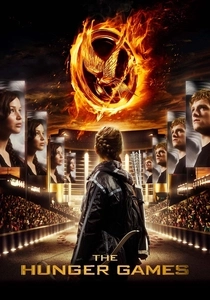
The Hunger Games (2012)
Description: While not strictly about TV, the Hunger Games are broadcasted as a form of entertainment, showcasing a dystopian society where children fight to the death for survival and public amusement.
Fact: The film's arena was built on a 48-acre site in North Carolina, one of the largest sets ever constructed for a movie.
 Watch Now
Watch Now 
V/H/S (2012)
Description: This anthology horror film features a series of found footage shorts, one of which involves a TV show where participants must survive a night in a haunted house, blending horror with the concept of reality TV.
Fact: The film was shot on consumer-grade video equipment to give it an authentic found footage feel.
 Watch Now
Watch Now 
Series 7: The Contenders (2001)
Description: In this dark comedy, a reality TV show pits contestants against each other in a deadly game where only one can survive. It's a satirical look at the lengths to which entertainment can go for ratings.
Fact: The film was shot in a documentary style to give it a more authentic feel, mimicking the reality TV format it critiques.
 30 Days Free
30 Days Free 

